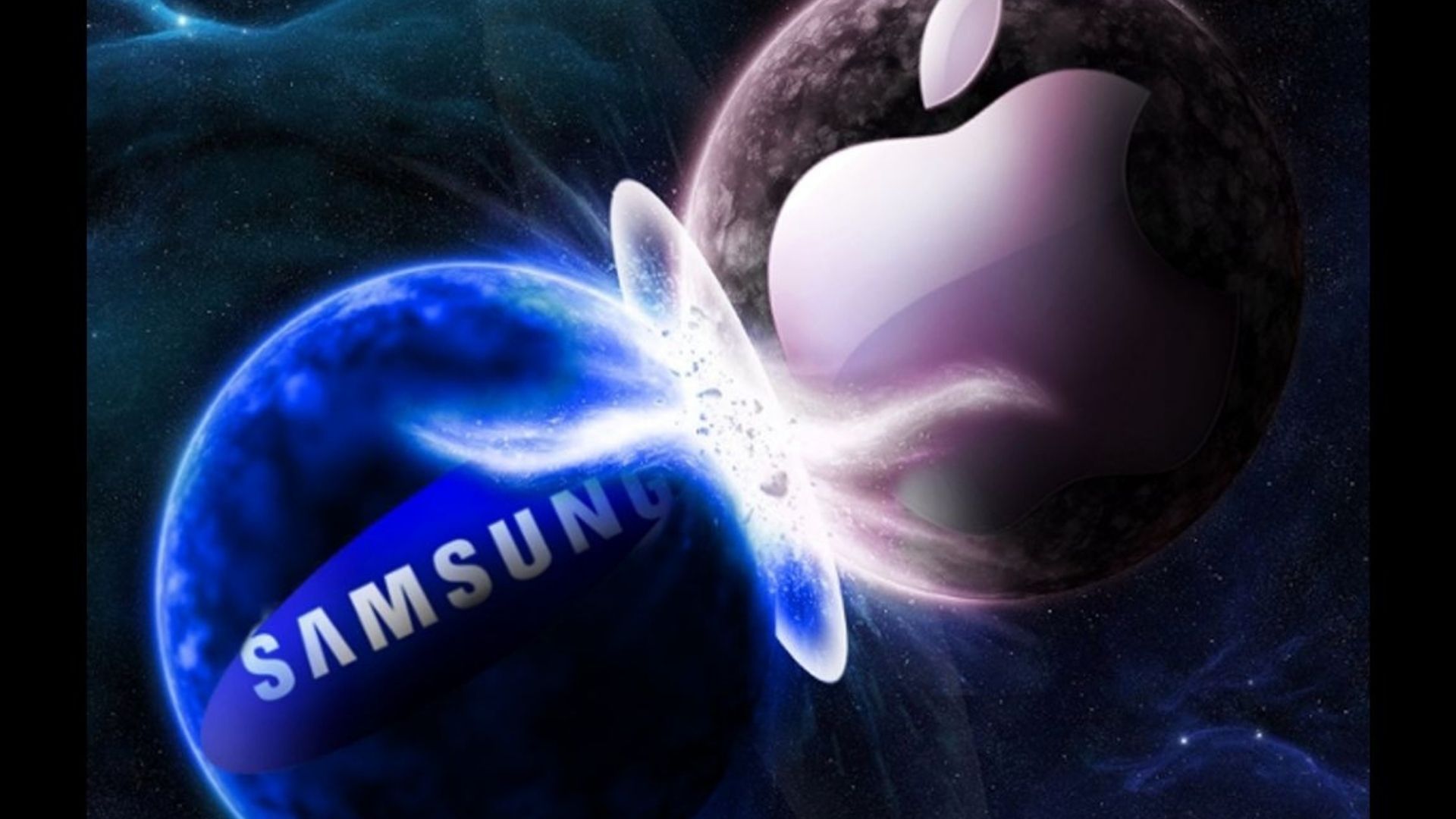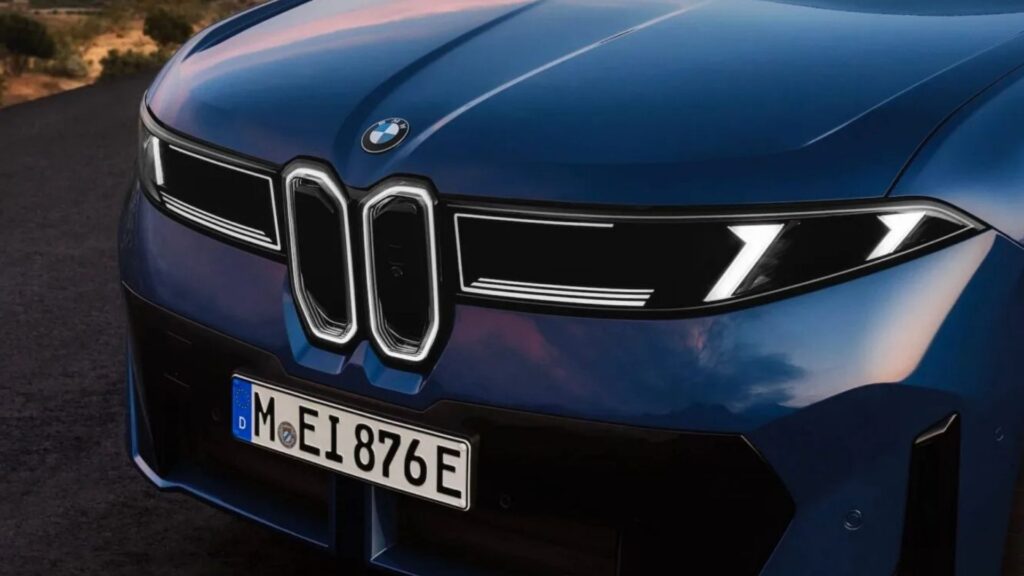The Indian smartphone market has once again become the stage for a high-profile clash between global technology leaders. Apple and Samsung, two of the largest players in the premium mobile segment, have taken strong exception to Xiaomi’s latest marketing campaign in India. According to multiple reports, both companies have sent cease-and-desist notices to the Chinese manufacturer, claiming its advertisements were “disparaging” and crossed the line of acceptable comparative marketing.

The dispute highlights the cutthroat competition in India’s smartphone landscape, where consumer perception can be as valuable as technical innovation. With India emerging as one of the fastest-growing premium smartphone markets, the stakes for brand reputation are higher than ever.
What Triggered the Dispute?

The April Ad Campaign
In April 2025, Xiaomi ran a bold full-page advertisement in Indian newspapers. The ad stated that anyone who believed the iPhone 16 Pro Max’s cameras could rival the new Xiaomi 15 Ultra should be wished a “Happy April Fools’ Day.” The sharp tone and sarcastic undertone immediately caught the attention of consumers and competitors alike.
The March Print Ad
Earlier in March, during the launch phase of the Xiaomi 15 Ultra, another print campaign mocked Apple’s camera system more directly. It described the triple-lens setup on the iPhone 16 Pro Max as “cute” and questioned whether it truly represented the best technology available. By contrast, Xiaomi emphasized its larger sensors, higher megapixel count, and lower pricing as reasons to choose its Ultra device.
Similar Tactics Against Samsung
Apple was not the only target. Xiaomi also released promotional content challenging Samsung’s flagship Galaxy phones. While not always calling them out by name, the messaging was clearly directed at Samsung’s premium range, positioning Xiaomi’s models as a more advanced yet affordable choice.
Short Summary Table
Aspect |
Details |
|---|---|
Main Issue |
Apple and Samsung sent legal notices to Xiaomi for ads mocking iPhone 16 Pro Max and Samsung Galaxy. |
Key Ads |
April ad: “Happy April Fools’ Day” jab at iPhone cameras. March ad: iPhone camera called “cute.” |
Target |
Both Apple’s iPhone 16 Pro Max and Samsung’s premium Galaxy devices. |
Legal Angle |
Comparative ads allowed in India, but mocking or disparaging tone invites legal scrutiny. |
Market Share Context |
Apple and Samsung dominate >90% of India’s premium market; Xiaomi
|
Expert View |
Ads seen as ambush marketing; brand value protection key for Apple and Samsung. |
Possible Next Steps |
Ads may be pulled; escalation could involve claims for damages. |
Official Websites:
-
Apple India
Why Apple and Samsung Objected
While comparative advertising is legally permitted in India, brands must ensure their claims are truthful and respectful. Apple and Samsung argue that Xiaomi’s campaigns went beyond comparisons and slipped into ridicule. The mocking language, they claim, has the potential to damage brand equity and mislead customers.
Unlike Samsung’s own competitive marketing where ads highlight unique features without overt mockery Xiaomi’s tone was more aggressive. This difference in style is what reportedly pushed Apple and Samsung to issue legal warnings.
The Larger Market Context
Premium Market Share in India
-
Apple and Samsung collectively dominate over 90% of India’s premium smartphone market (devices priced above ₹50,000).
-
Xiaomi, despite being a leader in the budget and mid-range categories, holds less than 1% share in the premium segment.
India’s Rising Premium Demand
-
Apple shipped 5.9 million units in the first half of 2025, marking a 21% YoY growth.
-
The iPhone 16 became the most shipped model nationwide.
-
Samsung remained strong with its foldables and Galaxy S series, holding its lead as India’s top smartphone vendor overall.
For Xiaomi, breaking into this space is critical, and its provocative ads appear designed to generate conversation and challenge established perceptions.
Expert Opinions
Marketing specialists describe Xiaomi’s approach as a form of “ambush marketing.” This strategy seeks visibility by referencing competitors without their consent. While not inherently illegal, the approach often unsettles established players who carefully guard their premium branding.
Brand analyst Harish Bijoor explains that for Apple and Samsung, brand value is as important as product value. Negative associations even if tongue-in-cheek can undermine years of brand-building. Legal actions such as cease-and-desist notices are therefore used to protect reputation and consumer trust.
What Could Happen Next?
-
Xiaomi may retract or modify the ads to avoid prolonged disputes.
-
Apple and Samsung could escalate to court proceedings if they believe their reputations are being unfairly harmed.
-
Ambush advertising is expected to continue in India, as the absence of specific prohibitions gives marketers room to experiment until challenged legally.
The outcome will likely influence how brands approach comparative advertising in India’s high-stakes smartphone sector.
Frequently Asked Questions (FAQs)
1. Is comparative advertising legal in India?
A. Yes, it is legal if the comparisons are fact-based and not derogatory. Brands can highlight their strengths, but mocking competitors can trigger legal action.
2. What is ambush marketing?
A. Ambush marketing is when a brand gains visibility by referencing a competitor or major event without permission, often using humor or criticism.
3. Why are Apple and Samsung reacting strongly?
A. Both companies depend heavily on their premium brand image. Disparaging ads risk eroding trust among Indian consumers, a market where reputation drives sales.
4. Could Xiaomi face penalties?
A. At present, Xiaomi has only received cease-and-desist notices. If it continues the campaign, Apple and Samsung could seek damages through legal proceedings.
5. Has Xiaomi commented on the notices?
A. As of now, Xiaomi has not issued an official public statement in response to the legal threats.
For More Information Click HERE






